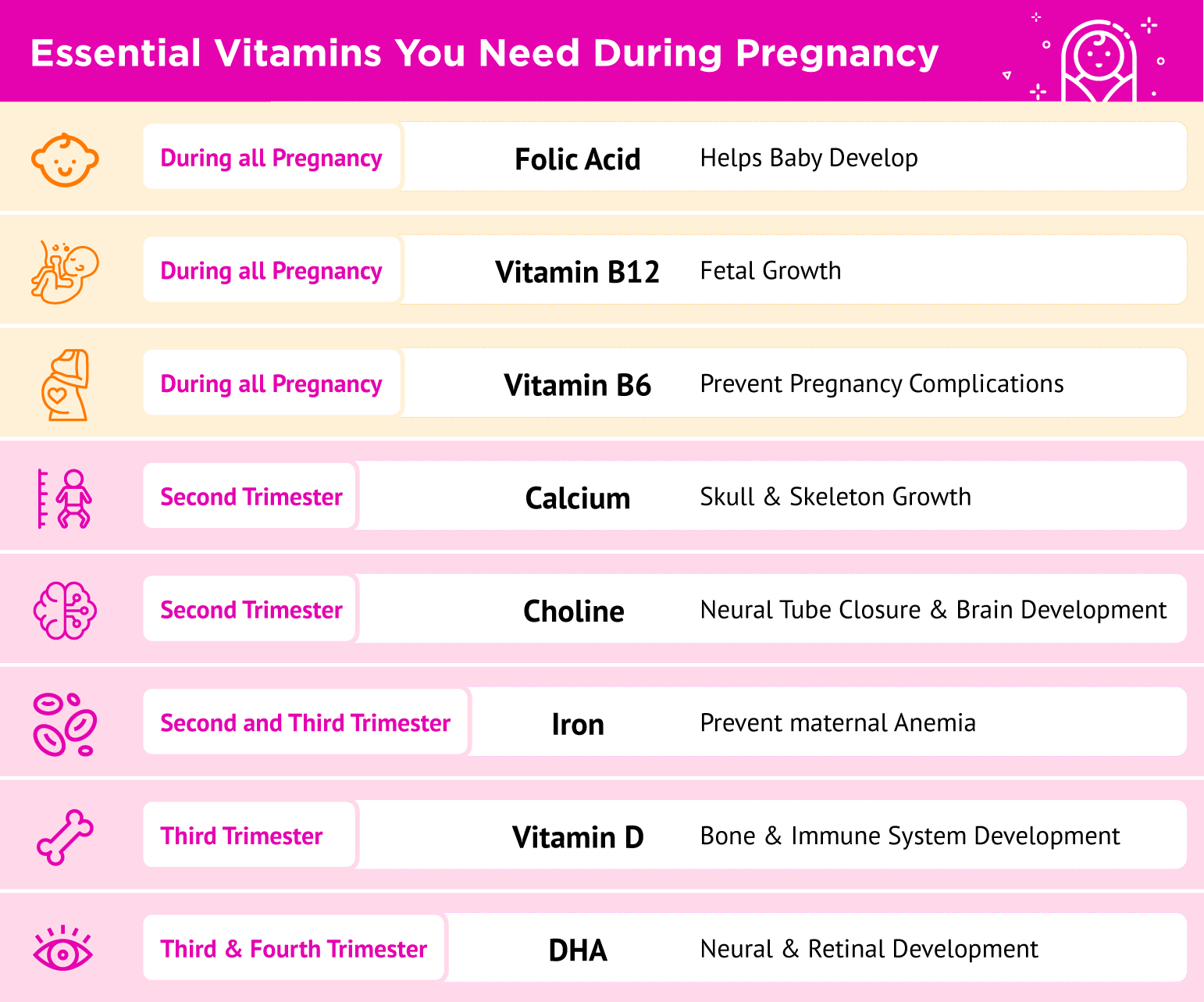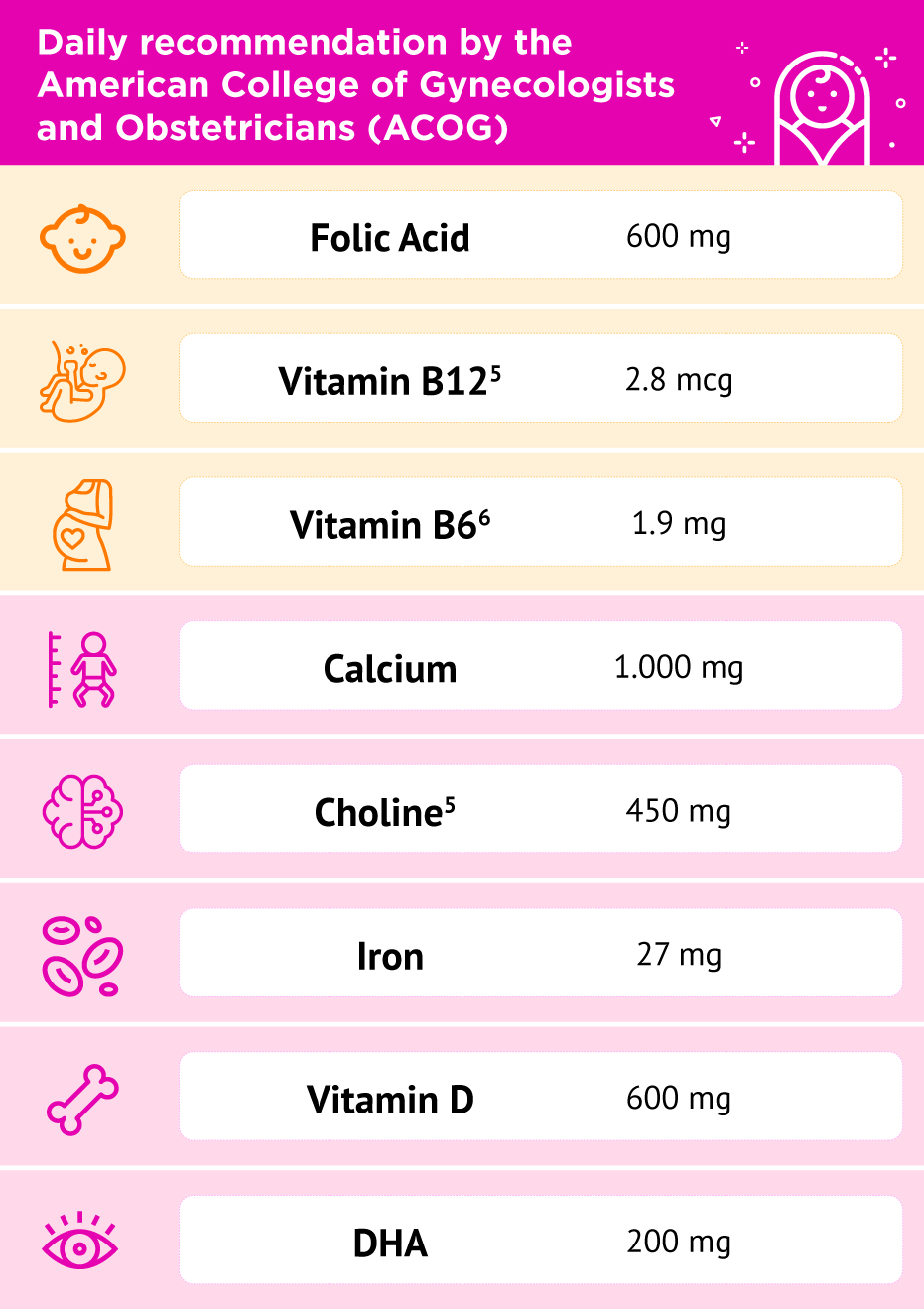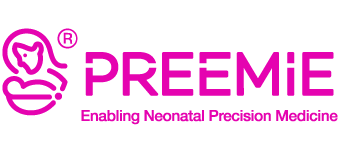Nurturing Vital Beginnings: The Role of Supplements During Pregnancy

During pregnancy, making sure you and your baby have the proper nutrition is crucial. Micronutrient deficiencies during this time have been associated with all sorts of pregnancy complications, such as premature birth, and can have adverse effects on fetal growth and development. To address this many expecting mothers turn to vitamin supplementation during pregnancy.
But, here’s the thing:
- Brands that offer multivitamins for pregnancy often oversimplify the process of supplementation. Some brands contain excessive amounts of vitamins and minerals that could potentially be risky.
- Brands often instruct you to take them daily during all trimesters; however, your baby’s nutritional needs often depend on which trimester of the pregnancy you are in. For example, excessive use of Vitamin C and Vitamin E at 12-18 weeks gestation increases risk of fetal loss1.
- Multivitamin brands lack scientific evidence to support their claims of being better than competitors.
To simplify the process, here is a guide for some essential supplements you need during pregnancy:
-
- Folic Acid: You need this before conception and during the first trimester to reduce risk of neural tube defects, which affect the brain, and to improve spinal cord development in the baby. After the neural tube has closed, you don’t usually need to keep taking it1. As we previously mentioned in our blog, folic acid can help prevent birth defects of the brain and spine, and may help prevent premature birth. However, folate has to be broken down by the body to make it active and absorbable so that the cells can make use of it, but many women have the MTHFR gene mutation which inhibits this process and therefore their body cannot break down folic acid. There are lab tests you can do to check if you have this mutation. If you do, your doctor may recommend methylated folate (methylfolate), which is the active form of folate that your body can use.
- Vitamin B12: Adequate vitamin B12 supply is essential for proper fetal growth. If you are vegetarian, it becomes particularly important due to your limited intake of animal-based foods, which are the primary source of this vitamin2. Also, B12 is the most important nutrient for you to absorb your folate. If you don’t have enough B12, you can’t metabolize your folate or your methylfolate, so it is important to take these two supplements together.
- Vitamin B6: Deficiency in vitamin B6 is associated with various pregnancy complications such as pre-eclampsia, gestational carbohydrate intolerance, hyperemesis gravidarum (severe morning sickness), and neurologic diseases in infants.
- Calcium: During the second trimester you will need to increase your calcium intake, as your baby’s skull and skeleton undergo rapid growth. Adequate calcium intake helps support the baby’s developing bones and teeth1.
- Choline: Plays a critical role in neural tube closure and brain development. Adequate levels of this nutrient can help prevent spina bifida and anencephaly. This supplementation should be taken prior to conception and during the second trimester.3
- Iron: This is especially important during your second and third trimesters to prepare for post-delivery blood loss and to prevent maternal anemia, which can have adverse effects on both your health and the baby’s development1.
- Vitamin D: This is key for your baby’s growth, bone metabolism, and immune system development. Pregnant women with vitamin D deficiency, especially in the third trimester, benefit from vitamin supplementation. We suggest you have your vitamin D levels checked regularly during pregnancy. Vitamin D is responsible for increasing intestinal absorption of calcium, magnesium, and phosphate, and also provides improved resistance to certain diseases. Vitamin D also regulates mood and reduces depression1. Vitamin D is also called the sunshine vitamin because your body produces vitamin D naturally when it’s directly exposed to sunlight. It is recommended to get 10-30 minutes of sunlight several times per week4. If you take vitamin D3 regularly over a long period, you definitely need to also take vitamin K2; these two vitamins work together to strengthen bones and promote the health of the heart and arteries.
- Omega-3 fatty acids: Especially docosahexaenoic acid (DHA) which is essential for the growth and functional development of the brain in infants and is also required for maintenance of normal brain function in adults. During the second half of the pregnancy the most rapid neural and retinal development occurs and therefore, supplementation with omega-3 fatty acids, especially DHA, is especially important. Note that this is usually an animal product, but vegan supplements are available. Also, things like omega-3 eggs or milk contain little or no DHA, but rather different types which are not effective.
Now, let’s talk about the risks of taking high doses of certain vitamins:
- Vitamin C & E: During weeks 12-18 of gestation excessive intake of these vitamins could increase risk of fetal loss or perinatal death1.
- Vitamin A: This vitamin is a known teratogen, which means that excessive intake during pregnancy can increase the risk of congenital malformations in your baby1.
- Vitamin E: There is evidence suggesting that too much of this vitamin during pregnancy may increase the risk of gestational hypertension and low birth weight (LBW)1.
If you are thinking about adding a pregnancy multivitamin to your routine a good place to start on recommended doses is the American College of Gynecologists and Obstetricians (ACOG) guidelines. They and other health institutes recommend the following dosages:

Additionally, you may want to consider taking probiotics, also known as “beneficial bacteria”. Probiotics are not vitamins, they can be found in foods like yogurt, kimchi, kefir, sauerkraut, and tempeh, and are also available as food supplements. The most widely used probiotics are live bacteria such as Lactobacillus and Bifidobacterium species and nonpathogenic yeast such as Saccharomyces. Most probiotics have been shown to be safe to consume during pregnancy. However, there are no published studies addressing the safety of Saccharomyces species use in pregnancy7.
To wrap it up, monitoring your vitamin intake during pregnancy is super important for both you and your baby. Make sure to always talk to your healthcare provider before starting any new supplements. Additionally, many of the vitamins we mentioned can be found in a healthy, well-rounded diet. With the right nutrition and vitamins on your side you are all set for a healthy pregnancy journey!
REFERENCES
- Petrikovsky B.M. (2021) A New System of Vitamin Administration During Pregnancy and Postpartum. The journal of perinatology neonatology, 34(4), 22-23.
- Hovdenak, N., & Haram, K. (2012). Influence of mineral and vitamin supplements on pregnancy outcome. European journal of obstetrics, gynecology, and reproductive biology, 164(2), 127–132. https://sci-hub.se/https://doi.org/10.1016/j.ejogrb.2012.06.020
- Obeid, R., Derbyshire, E., & Schön, C. (2022). Association between Maternal Choline, Fetal Brain Development, and Child Neurocognition: Systematic Review and Meta-Analysis of Human Studies. Advances in nutrition (Bethesda, Md.), 13(6), 2445–2457. https://doi.org/10.1093/advances/nmac082
- Jindal, A. K., Gupta, A., Vinay, K., & Bishnoi, A. (2020). Sun Exposure in Children: Balancing the Benefits and Harms. Indian dermatology online journal, 11(1), 94–98. https://doi.org/10.4103/idoj.IDOJ_206_19
- Institute of Medicine (US) Standing Committee on the Scientific Evaluation of Dietary Reference Intakes and its Panel on Folate, Other B Vitamins, and Choline. (1998). Dietary Reference Intakes for Thiamin, Riboflavin, Niacin, Vitamin B6, Folate, Vitamin B12, Pantothenic Acid, Biotin, and Choline. National Academies Press (US). https://www.ncbi.nlm.nih.gov/books/NBK114310/
- National Institutes of Health, Office of Dietary Supplements. (n.d.). Vitamin B6 – Health Professional Fact Sheet. Retrieved from https://ods.od.nih.gov/factsheets/VitaminB6-Consumer/
- Elias, J., Bozzo, P., & Einarson, A. (2011). Are probiotics safe for use during pregnancy and lactation? Canadian family physician Medecin de famille canadien, 57(3), 299–301. https://www.ncbi.nlm.nih.gov/pmc/articles/PMC3056676/



